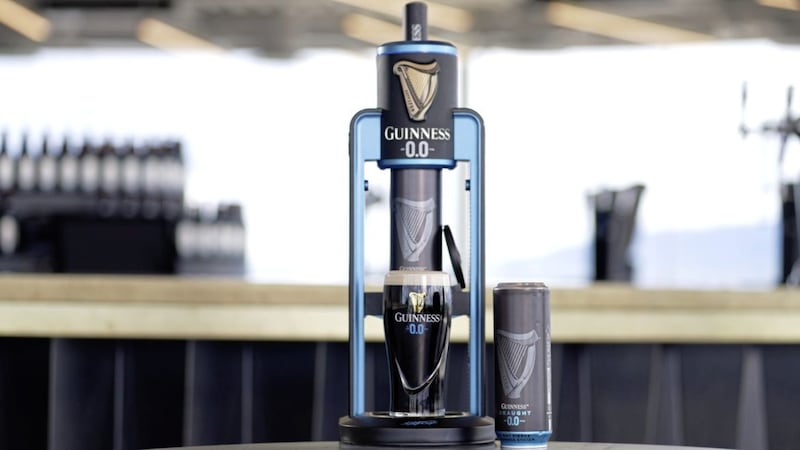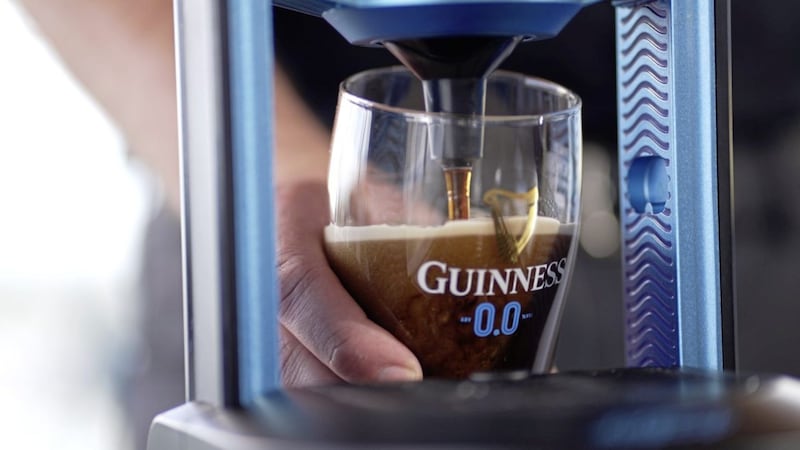A NON-alcoholic stout withdrawn by Guinness over contamination fears late last year will finally be rolled out in pubs this July.
Drinks giant Diageo recalled all of its newly launched Guinness 0.0 drink in November 2020 after warning that it may be “unsafe so consume”.
Launched just weeks earlier after four years of development, consumers who had bought the new non-alcoholic drink were advised to dump it or return it to the point of purchase.
Diageo described it as "a precautionary measure" linked to "a microbiological contamination which may make some cans of Guinness 0.0 unsafe to consume".
The drinks giant has now announced that Guinness 0.0 will begin appearing in pubs around the north from mid-July.
It’s expected to appear again in supermarkets and off-licenses from the end of August.
Alan McAleenan, marketing director at Guinness Ireland, said: “Guinness has always maintained the upmost commitment to quality. We are 100 per cent confident that consumers’ expectations of our quality standards will be met with our new non-alcoholic Guinness 0.0.”
Pouring a pint of non-alcoholic stout isn’t straightforward. Diageo say non-alcoholic beers cannot be poured through traditional lines and keg systems.
To get around this, the drinks giant has developed a standalone pouring unit for pubs it calls Guinness MicroDraught.
It’ll pour a pint of Guinness 0.0 from a large can. Diageo said it has developed a “world-first patent-pending double coaxial piercing of the can” to produce a traditional Guinness pour.
An air pump is also used instead to the traditional gas cylinder.

“We are delighted to bring Guinness MicroDraught, another world-first innovation from Guinness, to pubs around the island of Ireland, meaning that consumers will now have the chance to enjoy a beautiful, non-alcoholic Guinness 0.0, whether in pub or at-home, this summer,” said Mr McAleenan.
Diageo said the non-alcoholic stout is brewed using the same ingredients; water, barley, hops, and yeast; before gently removing the alcohol through a cold filtration method.

“The cold filtration process allows the alcohol to be filtered out without presenting thermal stress to the beer, protecting the integrity of its taste and character,” said the drinks group.
“The brewers then carefully blend and balance the flavours to ensure the distinctive flavour profile and taste characteristics of Guinness.”






